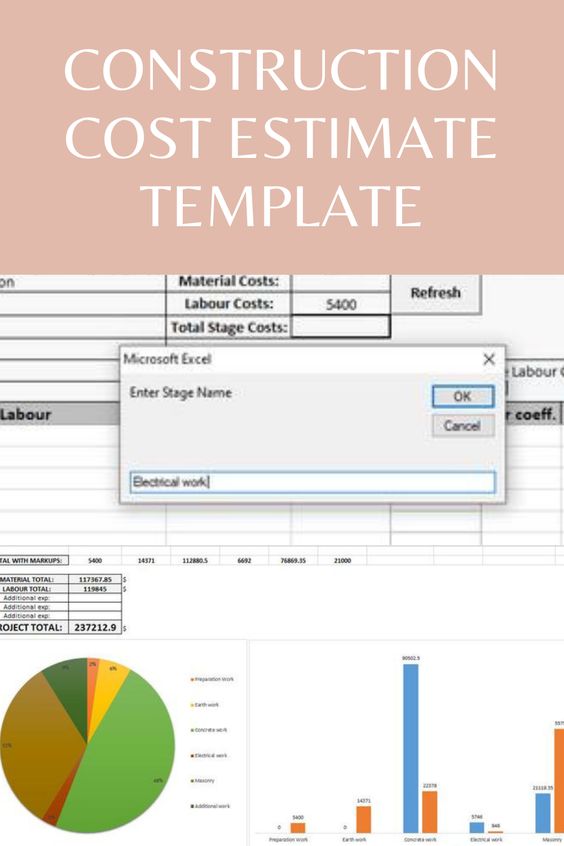Construction project management is an essential aspect of the construction industry, especially if the project involves significant investment. The success of any construction project depends on the efficiency of project management. Effective management ensures that the project proceeds in a controlled, organized and planned manner. The process of construction management involves several phases, each with unique steps, objectives, and responsibilities. In this article, we will explore the eight phases of construction project management.
Phase 1: Project Initiation
The first phase of construction project management is project initiation. This phase involves identifying the stakeholders, defining the main objectives, and preparing a business case. Here, the project manager should perform a feasibility study and conduct market analysis to determine whether the project is viable. Additionally, they should establish a project team, which will be responsible for project execution.
Phase 2: Planning and Design
The planning and design phase involves defining the project scope, developing the project plan, and selecting the project team. This phase also involves creating a detailed construction schedule and selecting contractors and suppliers. The project manager should estimate the total cost of the project and create a budget plan.
Phase 3: Pre-Construction
In the pre-construction phase, the project team should prepare the site for construction by clearing, grading, and excavating. They should also obtain necessary permits, licenses, and regulatory approvals. The project manager should finalize the contracts with contractors and subcontractors and ensure that all necessary legal documents are in place.
Phase 4: Procurement
The procurement phase involves ordering and acquiring materials, equipment, and services necessary for the project. The project manager should ensure that materials are delivered on time and to the right specification. Additionally, they should monitor inventory levels to ensure that shortages do not occur.
Phase 5: Construction
The construction phase involves the physical construction of the project. The project manager should monitor the progress of construction and ensure that the project stays on schedule, within budget, and meets quality standards. They should also manage safety and risk on the site, and resolve any issues that arise during construction.
Phase 6: Commissioning
The commissioning phase involves testing all systems and equipment to ensure that they function correctly. The project manager should ensure that all necessary permits and approvals are in place, and that all safety and environmental requirements are met.
Phase 7: Handover and Closeout
The handover and closeout phase involve the completion of the project and the transfer of ownership from the project team to the client. The project manager should complete any outstanding work, resolve any final issues, and ensure that all contract obligations are met. They should also provide the client with all necessary documentation, warranties, and operating manuals.
You might find these FREE courses useful
- Modalidades organizacionales ágiles en base a la MetodologÃa Scrum
- Scrum Master Certification Exam Preparation
- Scrum Team Building Using Games and Interactive Tools
- Scrum Master Certification: Scrum Methodologies
Phase 8: Post-Construction
The post-construction phase involves the monitoring and maintenance of the completed project. The project manager should ensure that the project continues to meet the client’s expectations and that any maintenance or repairs are done on time.
Conclusion:
Construction project management is crucial for the success of any construction project. The project manager should ensure that the project progresses in a controlled and organized manner throughout all the phases. Effective management ensures that the project runs within budget, on time, and meets the client’s expectations. By following the eight phases of construction project management, the project can be completed successfully while ensuring that all stakeholders are satisfied.
